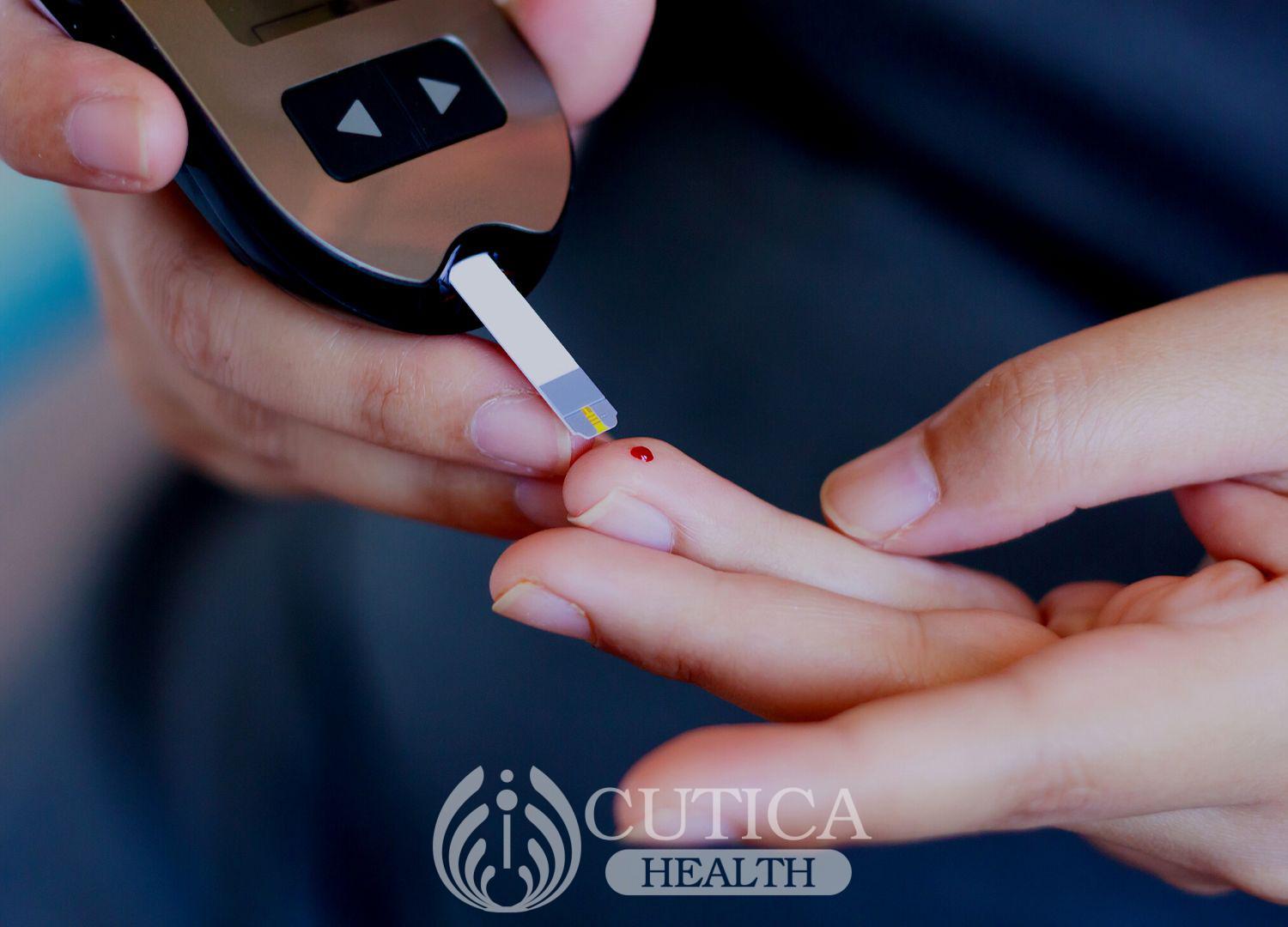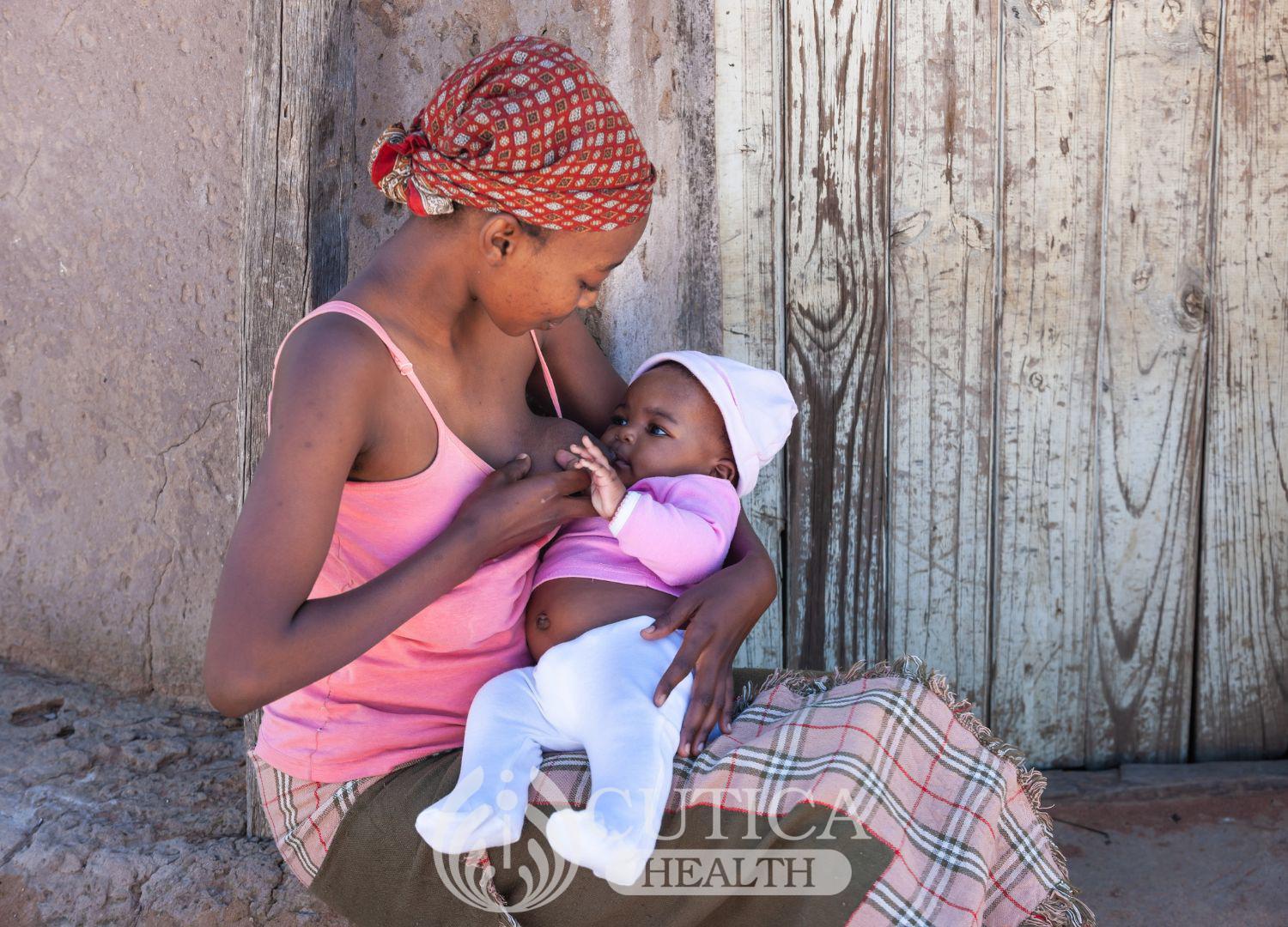
Diabetes is common among pregnant women, and it is of huge concern in this population because of the potential implications to the mother and the unborn baby. Diabetes is a disorder that involves how the body regulates sugar. In this condition, the body either does not respond to insulin, the hormone that controls blood sugar, or the body does not make enough of the hormone. The outcome of both scenarios is similar in both cases: blood sugar continues to rise to dangerous levels unless controlled by a medication.
Gestational Diabetes
This is the presence of high blood sugar while pregnant. This occurs when the pregnant mother can’t produce adequate insulin – a hormone produced by the liver - to regulate sugar levels in the blood. This often occurs at any phase in the pregnancy, but it's mostly a common occurrence in the second and third trimesters. Gestational diabetes can cause serious complications for both mother and baby if not detected and treated early enough. 
Who Is At Risk?
Gestational diabetes can develop in any pregnant woman; however you pose a higher risk if you meet these predisposing conditions;
- A Body Mass Index (your weight divided by the square of your height) higher than 30
- A prior baby weighing over 4.5kg at birth
- A previous occurrence of gestational diabetes in previous pregnancies
- A history of diabetes in one of the parents especially the maternal side and a family history of diabetes.
- A descent of African, South Asian, Middle East origin, irrespective of the part of the world you reside in.
SYMPTOMS OF GESTATIONAL DIABETES
Gestational diabetes may present with no symptoms or may coincide with symptoms of pregnancy, but it can be detected during routine antenatal screening and blood sugar checks. If it shows symptoms, a pregnant woman may begin to experience any of these.
- Fatigue or tiredness
- A dry mouth, causing excessive thirst
- Excessive urination
- Constant headaches
- Difficult to focus on a task
- Blurry Vision
- Yeast infections
Talk to your doctor or midwife for a chart to help monitor your blood sugar
EFFECT OF GESTATIONAL DIABETES ON YOUR PREGNANCY
Fortunately, many women who develop gestational diabetes give birth to normal babies as a result of proper management. Nonetheless, Gestational diabetes causes:
- Pre-term labor caused by the presence of excessive fluid in the amniotic sac
- A significantly bigger baby causes labor difficulties and often results in having induced labor or ultimately a caesarian session
- Pre-eclampsia; a condition that causes high blood pressure during pregnancy
- Jaundice which the inability of the liver to function properly causing yellowing of the baby's skin.
- Loss of baby due to stillbirth
TIPS IF YOU HAVE GESTATION DIABETES
- Exercise as often as you can, 3 to 4 times a week is recommended.
- Monitor blood sugar as often as possible
- Eat a lot of leafy foods, nuts, and fruits
- Take insulin shots if prescribed

MORE TIPS AFTER BABY BIRTH
A secondary concern is that, after the birth of your baby, a gestational diabetic pregnancy puts you at risk of developing diabetes, later on. Here are tips to prevent or delay this deadly disease;
- Speak to your doctor after birth to know more about your health
- Return to your pre-pregnancy weight within 6 to 12 months
- Make exercise a routine so you can keep the weight off.
- Incorporate a healthy meal plan into your diet and cut out excessive sugar
- Before your next pregnancy, ensure you discuss with your doctor
- Go for routine health checks to monitor your blood sugar levels












